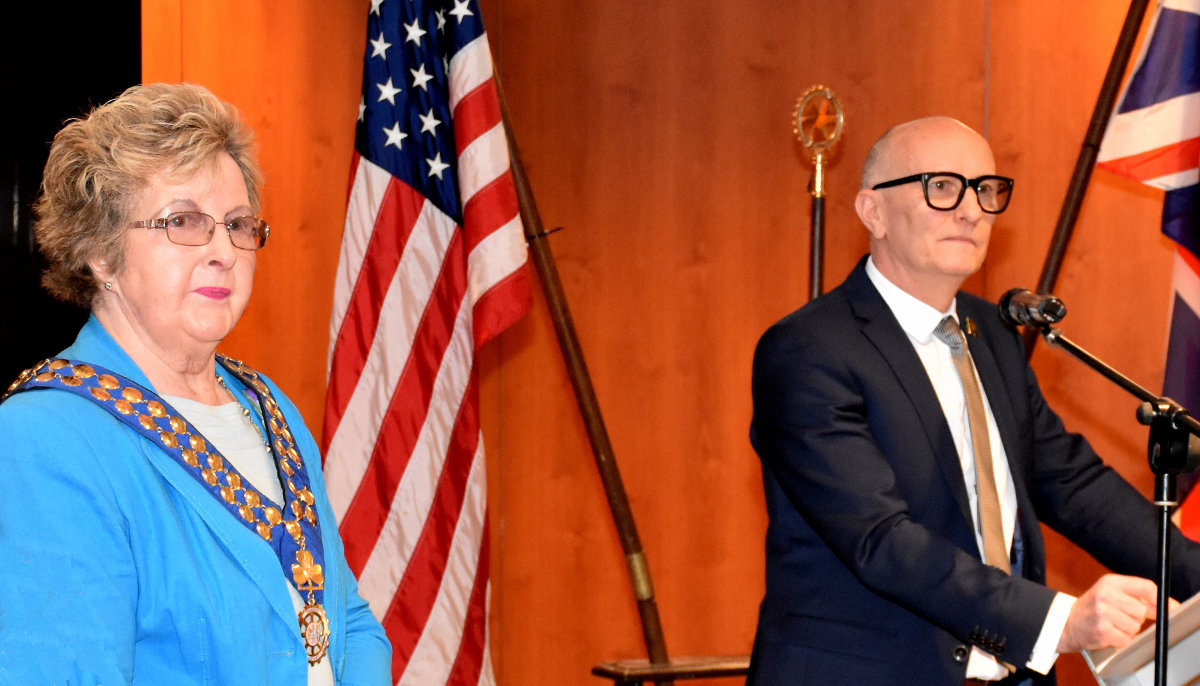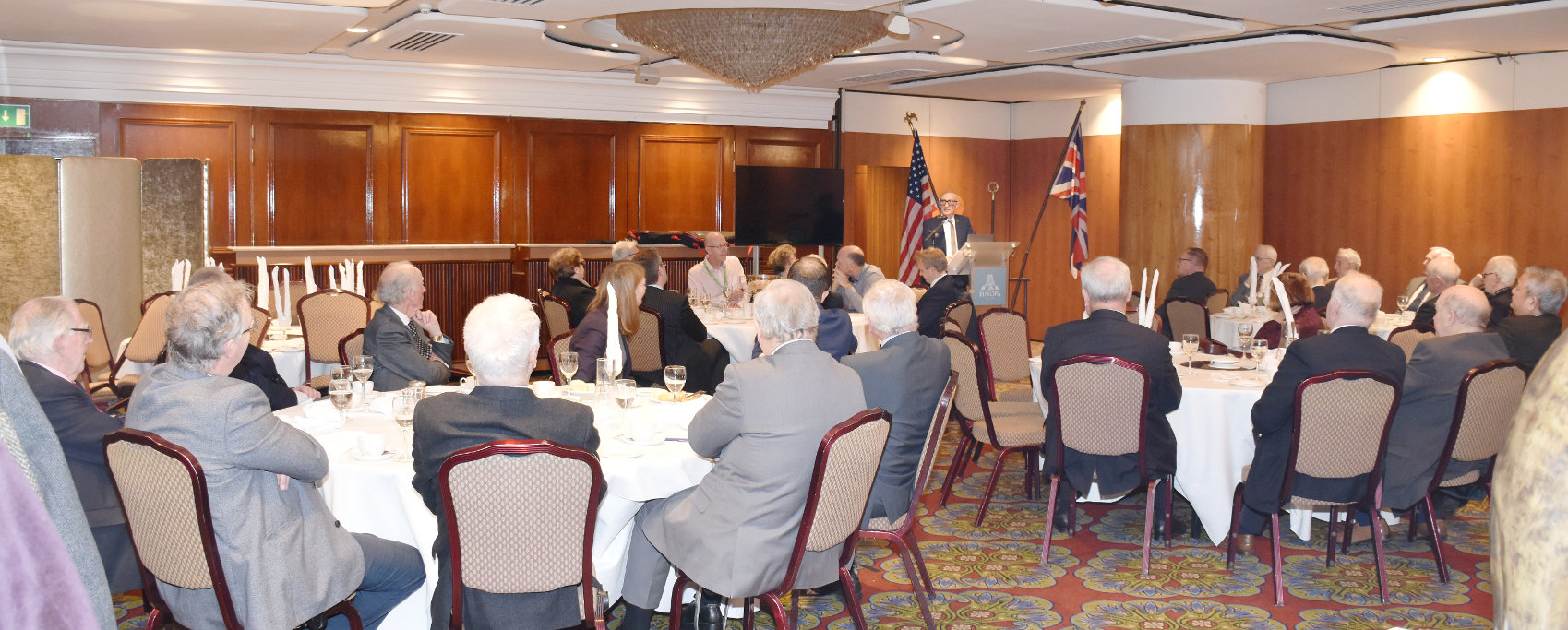Hospitality Ulster

Colin advised that Hospitality Ulster was founded in 1872, initially with a low public profile, to liaise with suppliers on behalf of the hospitality industry and now provides a strong voice representing the industry at every level of Government. He stressed that the organisation receives no funding from the government which gives it the flexibility to lobby on behalf of the industry for the legislation, funding, skills, infrastructure and levels of taxation that will stimulate the growth of the industry and the Northern Ireland economy. He indicated that the lack of a functioning government here has been challenging and that he consequentially spends a lot of his time in Westminster. He advised that Pubs, cafes and restaurants are the core members and food and drink is the core industry and that Hospitality Ulster provides an HR support service and training facility for the industry.

The aim, he advised, is to contribute £1bn to the NI economy. There are currently around 30,000 job vacancies in hotels, planned hotels and throughout the hospitality industry.
However he claimed that despite the industry’s considerable economic value they continue to face considerable hurdles of:
- an aged legislation regime - Licensing laws are badly out of date and particularly highlighted Easter as the RoI has recently has removed the restriction around Good Friday and
- business rates - Property and VAT rates are uncompetitive on local and global markets
- air passenger duty is the highest in the world - achieving more inward direct flights is key as most visitors arrive from GB or the RoI
- staff shortage - an industry skills strategy is necessary to skill the emerging work force - particularly as there is major concern about the impact of leaving the EU on the availability of skilled migrant workers needed.